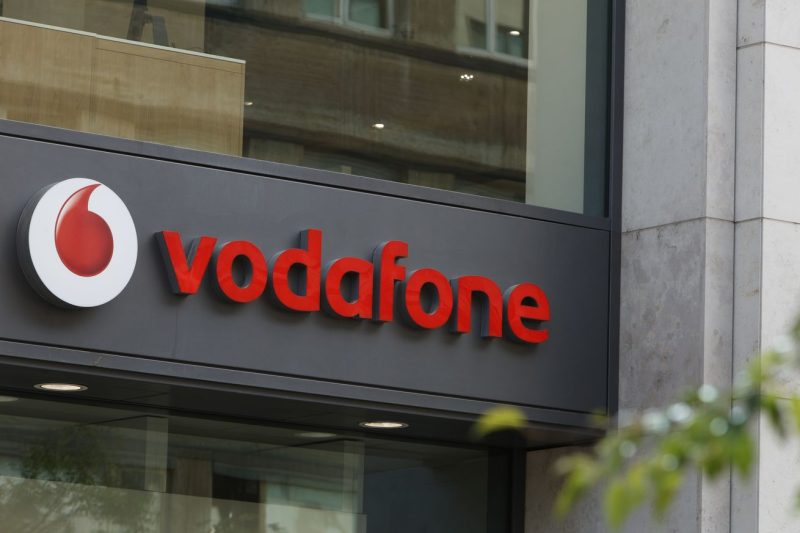
Vodafone and Three Team Up to Create UK’s Largest Mobile Operator
In recent news, the UK telecommunications industry is set to witness a significant transformation with the clearance of the proposed merger between Vodafone and Three. The merger, if successful, would create the largest mobile operator in the UK, potentially reshaping the competitive landscape of the market.
One of the key drivers behind this merger is the increasing demand for high-quality mobile services and better network coverage across the country. By combining their resources and infrastructure, Vodafone and Three aim to enhance their service offerings and provide improved connectivity to their customers. This move is also seen as a strategic response to the rising competition in the telecom sector, especially with the advent of 5G technology and the growing significance of digital connectivity in consumers’ lives.
The merger between Vodafone and Three is expected to bring about various benefits for both companies. Firstly, the pooling of resources would enable them to achieve economies of scale and reduce operating costs, ultimately leading to improved profitability. By leveraging their combined customer base, the newly formed entity would have a stronger market presence and bargaining power, allowing them to negotiate better deals with suppliers and partners.
Moreover, the merger would also result in enhanced network coverage and improved service quality for consumers. The synergies between Vodafone’s established network infrastructure and Three’s innovative technologies could lead to a more robust and reliable mobile network across the UK. This, in turn, would translate into a better overall customer experience, with faster data speeds, lower latency, and improved network reliability.
On the regulatory front, the merger between Vodafone and Three has cleared the necessary approvals, signaling the green light for the consolidation to proceed. The regulatory authorities are likely to have scrutinized the potential impact of the merger on competition, pricing, and consumer choice to ensure that it does not lead to any anti-competitive practices or monopolistic behavior in the marketplace.
However, despite the promising outlook of the merger, there are also potential challenges and risks that need to be addressed. One of the primary concerns could be related to the integration of technology and operations between Vodafone and Three, as mergers of this scale often face logistical and operational hurdles. Ensuring a smooth transition and maintaining service quality during the integration process will be critical for the success of the merger.
Additionally, the merger could also raise concerns among smaller competitors in the market who may fear a reduction in competition or face challenges in competing against the dominant player. Regulators may need to closely monitor the post-merger market dynamics to prevent any market distortions that could harm consumer interests or hinder fair competition in the industry.
In conclusion, the proposed merger between Vodafone and Three represents a significant development in the UK telecommunications sector, with the potential to create a powerhouse in the mobile operator space. While the merger promises benefits such as improved network coverage, enhanced service quality, and cost efficiencies, it also raises regulatory and integration challenges that need to be carefully managed. Moving forward, the successful execution of the merger will be crucial in realizing the full potential of this strategic alliance and delivering value to both companies and consumers alike.
